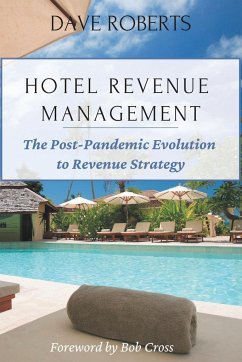An analysis of stream mitigation banking and the challenges of implementing market-based approaches to environmental conservation. Market-based approaches to environmental conservation have been increasingly prevalent since the early 1990s. The goal of these markets is to reduce environmental harm not by preventing it, but by pricing it. A housing development on land threaded with streams, for example, can divert them into underground pipes if the developer pays to restore streams elsewhere. But does this increasingly common approach actually improve environmental well-being? In Streams of Revenue, Rebecca Lave and Martin Doyle answer this question by analyzing the history, implementation, and environmental outcomes of one of these markets: stream mitigation banking. In stream mitigation banking, an entrepreneur speculatively restores a stream, generating "stream credits” that can be purchased by a developer to fulfill regulatory requirements of the Clean Water Act. Tracing mitigation banking from conceptual beginnings to implementation, the authors find that in practice it is very difficult to establish equivalence between the ecosystems harmed and those that are restored, and to cope with the many sources of uncertainty that make positive restoration outcomes unlikely. Lave and Doyle argue that market-based approaches have failed to deliver on conservation goals and call for a radical reconfiguration of the process.
Hinweis: Dieser Artikel kann nur an eine deutsche Lieferadresse ausgeliefert werden.
Hinweis: Dieser Artikel kann nur an eine deutsche Lieferadresse ausgeliefert werden.








